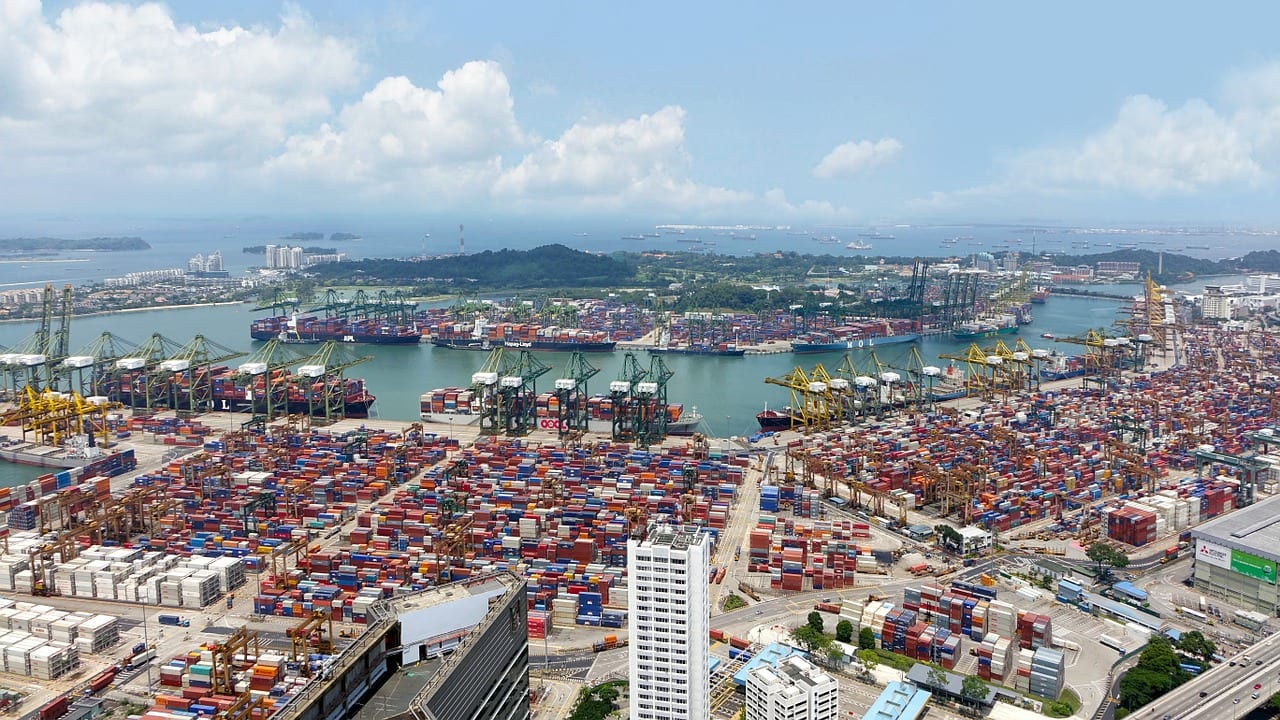
Importing goods is an ever-changing field, especially as technology improves and customs requirements change. Manufacturers and retailers must stay on top of terminology and policy changes.
Engaging a freight forwarder to assist with your imports can reduce headaches and allow you to focus on your core mission.
Customs Clearance Process
In some cases, U.S. government agencies require advance notice of arriving imports, especially for live animals or products subject to import quotas. The procedures for advance notice vary between different types of imports, so importers must be careful to do all preparation work ahead of the goods’ arrival in the country.
A formal customs entry must be subitted for all imported goods. These entries can be filed up to five days before the vessel arrives in port. In that case customs officials typically check the entry prior to arrival. And so most shipments imported are pre-cleared. However, US Customs may choose to inspect a shipment. In such cases they will order one of a variety of exams, such as X-ray or other scans. In some cases a full phyical exam will be required.
Importers must make sure that all paperwork is complete, correct, and has accurate contact information so that US Customs can follow up with any questions.
Document Complexity
The complexity of documents varies widely depending on the industry. For example, agricultural imports require a more thorough set of documents detailing the quality of the products. Importers of these goods must complete third-party inspection certificates, certificates of origin, and other forms within the prescribed timeframes.
Individual agencies, like the Food and Drug Administration or the Fish and Wildlife Service, sometimes require import licensing, authorizations, or other paperwork. One key example is paperwork for wood and paper imports since the Lacey Act bans illegally sourced wood products. Agencies’ various forms are sometimes submitted electronically, but senders must also know when hard copies are required.
Regardless of industry, carriers must have complete documentation on-hand to provide to customs that prove they have legal custody of the goods. Any issues with bills of lading, contracts, and legal permissions could also cause problems.
Avoiding Customs Related Delays
Customs delays can result in huge storage and demurrage fees. And while not all issues can be avoided, they can be kept to a minimum by keeping all your ducks in a row.
For example, goods that are subject to import quotas must be watched carefully. If quotas are exceeded, your shipment will be delayed. Additionally, delays can be caused with an incorrect tariff code on the paperwork. There are around 20,000 unique codes that change periodically based on new regulations.
Choosing the right tariff code for your goods is surprisingly tricky, so the best option is to allow an expert to review them for possible problems. Dedola Global Logistics can provide you with a tariff code review for your shipments. Not all freight forwarders provide this level of service and expertise.
In a worst-case scenario, imported goods with contents that cannot be verified or are over import quotas may be destroyed. Although this is rare, the best way to prevent it entirely is to partner with a reliable freight forwarder that has in-depth knowledge of customs regulations and tariffs.
Getting the Job Done with Excellence
At Dedola Global Logistics, our job isn’t just to get your goods to their destination. We learn your needs, and optimize the shipping experience for you. We stay current on the latest developments in technology and trade policies, so we can advise you about the best ways to reduce costs and shipping times.
Our white-glove approach and outstanding customer service make us stand out among other freight forwarding companies. This is the Dedola Difference. Contact us today at 888-922-7628 for a free consultation and to request a quote.
Popular Resource: Blog – Did You Know About The Express Service From Shanghai?

Contact Us


